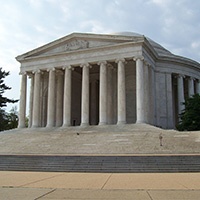 Cloverdale Juvenile Law Lawyers, Alabama
Cloverdale Juvenile Law Lawyers, Alabama
Not enough matches for Cloverdale Juvenile Law lawyer.
Below are all Cloverdale Criminal lawyers.
Sponsored Lawyers
1-1 of 1 matches
623 S Seminary St
Florence, AL 35630
Accident & Injury, Divorce & Family Law, Lawsuit & Dispute, Criminal, Expungement
James Atkinson is a practicing lawyer in the state of Florence, AL.
(more)




